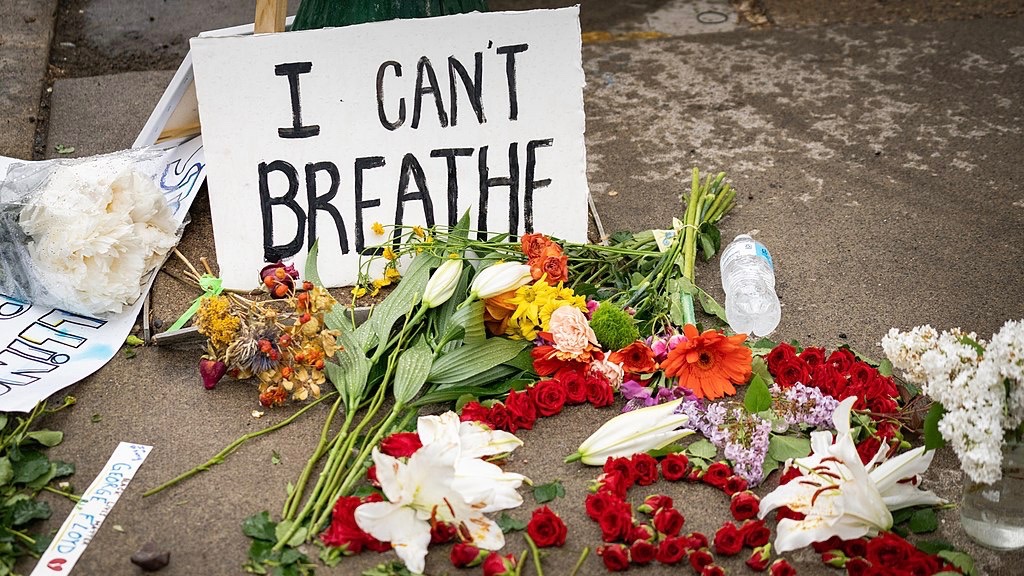More than a year after the killing of George Floyd, former Minneapolis police officer Derek Chauvin convicted of his murder has been handed a jail sentence. On Friday, June 25, judge Peter A. Cahill of Hennepin County District Court sentenced Chauvin to 22 years and six months of imprisonment. The sentence comes more than two months after Chauvin was held guilty by a jury on April 21, earlier this year.
While sentencing Chauvin, judge Cahill noted the “particular cruelty” of the crime committed by him, which was to pin down Floyd with his knee on the victim’s neck for more than 9 minutes until his death. In the viral video captured by bystanders, Floyd was seen repeatedly pleading with the officers pinning him and telling them “I can’t breathe”. Even passers-by and witnesses at the site of the crime were also seen asking the officers to release him, all of which they ignored.
The judge highlighted that Chauvin also abused his authority as the law enforcement officer, when dealing with Floyd, who was being arrested over a report of allegedly using a fake currency bill at a local store. The judge wrote in the ruling that Chauvin treated “Mr. Floyd without respect and denied him the dignity owed to all human beings and which he certainly would have extended to a friend or neighbor.”
The sentence for the 45-year old Chauvin is still less than 30 years of prison that the prosecution had demanded, with the revised charges. Chauvin will be credited for the 199 days he had already served in custody during the course of the trial. Legal experts say that with the existing rules of the state of Minnesota, he will be eligible for parole by 2035 or 2036, by the time he turns 60.
Even though Goerge Floyd’s family accepted the ruling, they did express their dismay that a longer sentence was not imposed on the former Minneapolis Police Department officer. Still, Chauvin is one of few police officers who have been held accountable for custodial and on-duty killings.
Activists and groups fighting against institutional racism have also objected to calling the sentencing as “justice”. In a Twitter thread, Black Lives Matter, while hoping that the sentencing brings closure to the family, also argued that “accountability in the form of convictions and prison sentences is not justice. Justice would be that our Brother George Floyd were still here to raise his daughter, love his family, and live out his life to its fullest potential.”
Rev. Al Sharpton also echoed the same sentiment, when he told the crowd gathered outside the courthouse after sentence was handed down that “this is the longest sentence they’ve ever given, but it’s not justice because George Floyd is not alive”
Since 2005, only 11 police officers have been convicted of killing while on duty, with sentences ranging from seven to 40 years. Considering the large number of killings that police officers across the country are responsible for, the convictions or even prosecutions cover a small much publicized fraction of the crimes.
Various estimates since at least 2015, have documented that every year around a thousand people are killed in the US on an average by police officers. According to the Washington Post’s database, 999 people were killed by the police in 2019, while in 2020 despite a nationwide uprising against police violence the number went up to 1021. And so far this year, the number of police shootings currently stands at 431. A disproportionately large number of the victims of such fatal police violence are Blacks and other non-white racial minorities.
Floyd’s death led to a major nationwide movement against this rampant police violence which continues to claim lives. Virtually every state and over 550 cities and towns across the US were swept in this country-wide struggle, with anywhere between 15 million and 20 million participating in rallies and demonstrations that demanded immediate changes to the criminal legal system and the society in general.





